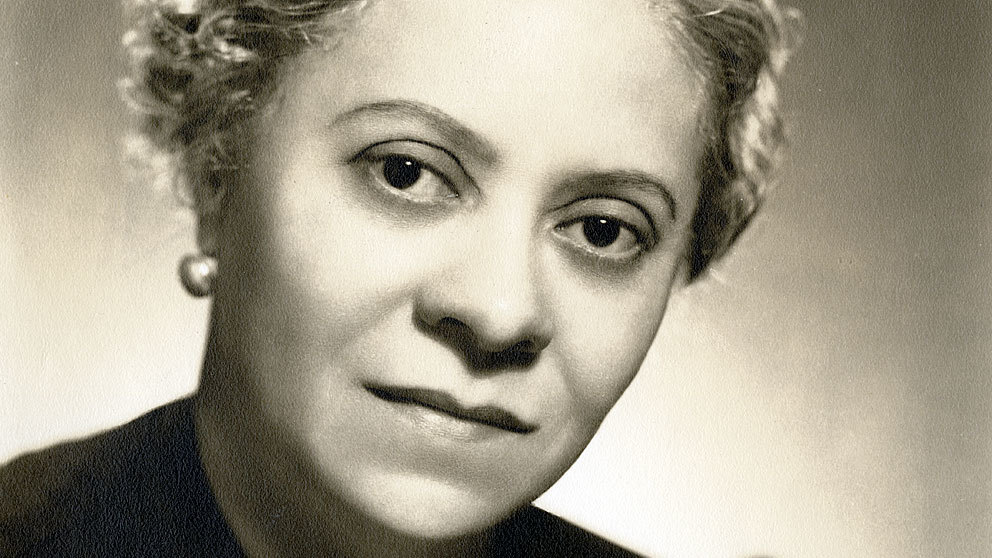Piano Quintet in A minor (1952)
Florence Price’s Piano Quintet represents her signature ability to blend spirituals and folk songs with traditional Western forms and harmonic language. The first movement follows a traditional sonata form structure, but features many exciting and adventurous rhythmic and harmonic deviations throughout. The second movement is slow and stately, but remains extremely lyrical; much like that of a solo singer singing a spiritual over a chorus. The third movement is inspired by the “Juba”, a popular rhythmic dance which originated from Kongo slaves in Charleston South Carolina in the mid 19th century. The final “Scherzo” movement is a relentless flurry of activity, incorporating fragments of motivic material from the opening movement which are passed around the ensemble.

Florence Price was born in Little Rock, AR in 1887. Growing up in a mixed race and musical family, she pursued her musical studies at the New England Conservatory in Boston, where she had to pass as Mexican to avoid discrimination. After graduating in 1906, Price returned to the South, where she held several collegiate teaching positions before she and her family moved to Chicago in 1927 as part of the Great Migration. There she became embedded in the African American arts community, and entered her most prolific stage as a composer. In 1933, Price’s Symphony in E minor won the Wanamaker foundation award, and was performed by the Chicago Symphony later that year, making her the first African-American female composer to have a piece premiered by a major symphony orchestra. She remained an active performer and composer throughout her life, with many of her works performed by the Chicago Women’s Symphony. Price died of a stroke in 1953 in Chicago, but her music is making a resurgence after several of her lost manuscripts were re-discovered in 2009.
- Podcast
- Conductor Biographies
- Bill Hemminger Biography
- Photos
- Videos
- Articles and Reviews
- Radio Broadcast Schedule
- History of the EPO
- Mission and Values
- Board of Directors 2025-2026
- Sponsors 2025-2026
- Philharmonic Gives Back
- Donors 12/1/2024 - 12/1/2025
- Thoughtful Tributes 12/1/2024 - 12/1/2025
- Past Events